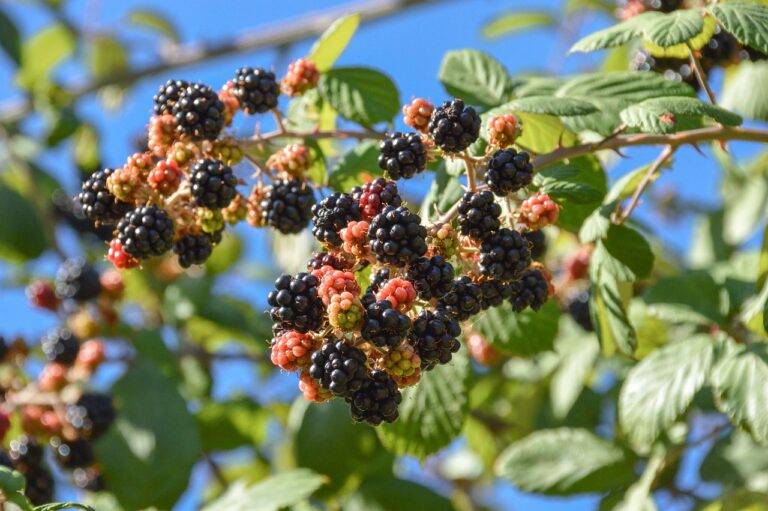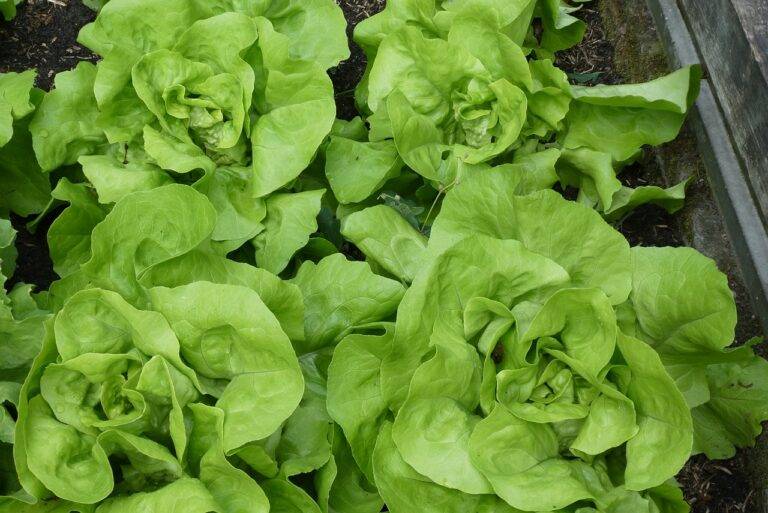The Impact of Climate Change on Global Food Security
As global temperatures continue to rise due to climate change, the impact on crop yields is becoming increasingly evident. Higher temperatures can lead to heat stress in plants, affecting their growth and development. This can result in reduced yields for many important crops, such as wheat, corn, and soybeans. Additionally, rising temperatures can alter the timing of plant growth stages, leading to challenges in crop management and harvest.
In addition to heat stress, increasing temperatures can also exacerbate water scarcity issues in many regions. Drier conditions can hamper crop growth and productivity, as water availability is essential for plant health. Farmers may face difficulties in providing adequate irrigation to their crops, leading to further yield reductions. It is crucial for agricultural practices to adapt to these changing climate conditions in order to ensure food security and sustainable farming practices for the future.
Challenges Faced by Farmers in Adapting to Changing Climate Conditions
As climate conditions continue to shift, farmers are encountering numerous challenges in adapting their practices to ensure successful crop production. Unpredictable weather patterns, including more frequent droughts and floods, pose a significant threat to agricultural productivity. Farmers must adopt resilient farming techniques to withstand the impact of extreme weather events on their crops and livelihoods.
Moreover, changing climate conditions also bring about an increase in pests and diseases that can devastate crops. Farmers are faced with the task of finding innovative ways to manage these threats without relying heavily on chemical pesticides, which can be harmful to both the environment and human health. Striking a balance between effective pest management strategies and sustainable farming practices is crucial for farmers to adapt to the evolving climate conditions and ensure food security for future generations.
Water Scarcity and its Impact on Agricultural Production
Water scarcity poses a significant challenge to agricultural production worldwide. With the demand for water increasing due to growing populations and urbanization, many regions are facing dwindling water resources for irrigation. This leads to reduced crop yields and can ultimately threaten food security in these areas.
In addition to directly affecting crop growth, water scarcity also has a ripple effect on the entire agricultural supply chain. Farmers are forced to prioritize which crops to water, often choosing those with higher economic value over others. This can result in a lack of diversity in crops grown, leading to potential imbalances in the local food supply. Furthermore, water scarcity can increase production costs as farmers may have to invest in alternative irrigation methods or technologies to cope with limited water availability.
How does water scarcity affect agricultural production?
Water scarcity can lead to reduced crop yields, limited irrigation for crops, and overall decreased productivity in the agricultural sector.
What are the main challenges faced by farmers in adapting to changing climate conditions?
Farmers often struggle with access to water for irrigation, unpredictable weather patterns, and limited resources to implement new technologies or farming practices to mitigate the impact of climate change.
How does rising temperatures affect crop yields?
Rising temperatures can lead to heat stress in crops, which can reduce their growth and productivity. This can result in lower yields and economic losses for farmers.
What are some solutions to address water scarcity in agriculture?
Some solutions include water conservation practices, improved irrigation techniques, rainwater harvesting, and investing in water-efficient crops. Additionally, policies and regulations to manage water resources effectively are crucial in addressing water scarcity in agriculture.







